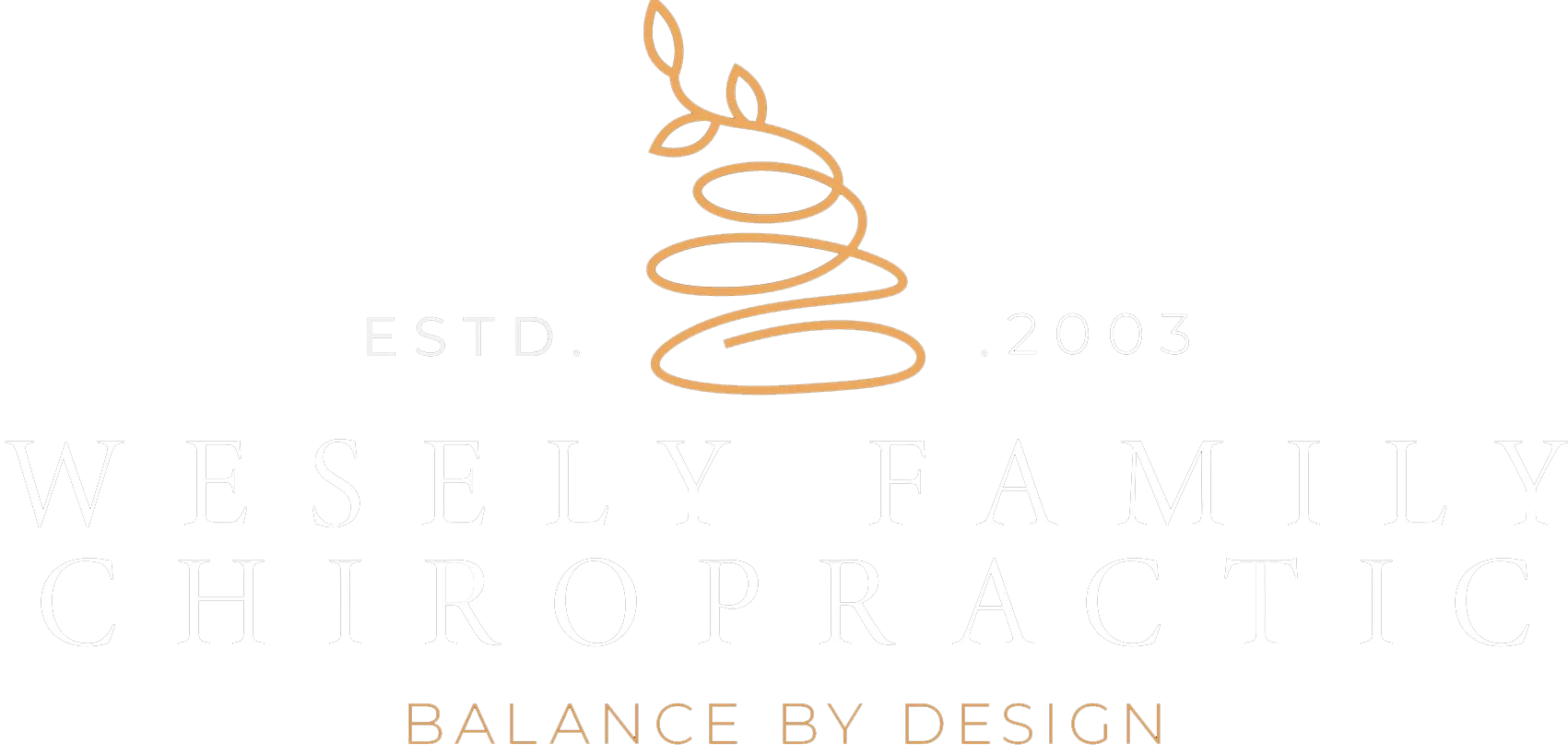
How the Heart Sound Recorder Can Improve Your Wellness
The heart is not only a vital organ that pumps blood throughout the body, but also a reflection of your overall health and wellness. The heart’s sounds, rate, rhythm, and tone can reveal a lot about your nutritional status, stress levels, and emotional state. That’s why it’s important to monitor your heart health regularly and take proactive steps to improve it.
But how can you do that without invasive or expensive tests? The answer is the Heart Sound Recorder (HSR), a computer-based device that uses the principles of auscultation to acquire, display, record, and save heart sounds. The HSR is a low-risk, general wellness monitor that can help you evaluate the nutritional efficiency of your heart and identify areas of improvement.
How does the HSR work?
The Heart Sound Recorder sensor is attached to 4 locations on your chest with a strap and picks up the low-frequency component of the heart cycle. The software program displays the heart sound waveform on the screen and allows Dr. Michelle Wesely to record and save it for future reference.
The HSR can measure and visualize the following aspects of your heart cycle:
- Rate: The number of heartbeats per minute. A normal resting heart rate ranges from 60 to 100 beats per minute, depending on your age, fitness level, and other factors. A higher or lower heart rate may indicate stress, anxiety, dehydration, infection, or other conditions that affect your heart health.
- Rhythm: The pattern and regularity of your heartbeats. A normal heart rhythm is called sinus rhythm, which means that the electrical impulses that control your heartbeats are generated by the sinoatrial node (SA node) in the right atrium. An abnormal heart rhythm, or arrhythmia, may result from problems with the SA node, the electrical pathways, or the heart muscle. Some common types of arrhythmias are atrial fibrillation, atrial flutter, ventricular tachycardia, and ventricular fibrillation. Arrhythmias can cause symptoms such as palpitations, dizziness, chest pain, shortness of breath, or fainting, and may increase the risk of stroke, heart failure, or sudden cardiac death.
- Tone: The quality and intensity of your heart sounds. A normal heart sound consists of two main components: S1 and S2. S1 is the sound of the closure of the mitral and tricuspid valves at the beginning of the ventricular contraction or systole. S2 is the sound of the closure of the aortic and pulmonary valves at the end of the ventricular relaxation, or diastole. The tone of your heart sounds can be affected by the thickness and elasticity of the heart valves, the blood pressure, the blood volume, and the heart muscle strength. A change in the tone of your heart sounds may indicate valve disorders, hypertension, anemia, cardiomyopathy, or other conditions that affect your heart function.
By observing the rate, rhythm, and tone of your heart cycle, the HSR can help Dr. Michelle Wesely monitor your heart’s reaction to various stressors, such as chemical, nutritional, and emotional. The HSR can also help you assess the effectiveness of your lifestyle changes, such as diet, exercise, supplements, or meditation, by comparing your current and previous heart sound waveforms.
What are the benefits of using the HSR?
The HSR is a valuable tool for anyone who wants to improve their wellness and prevent or manage chronic diseases. Some of the benefits of using the HSR are:
- It’s non-invasive and painless: Unlike other methods of heart monitoring, such as electrocardiogram (ECG), echocardiogram, or cardiac catheterization, the HSR does not require any needles, electrodes, or dye injections. The HSR only uses a sensor that is attached to your chest with a strap and does not cause any discomfort or side effects.
- It helps develop a heart-conscious plan: Dr. Michelle will be able to identify the nutritional deficiency of both the heart and the systemic circulatory system.
- It’s informative and empowering: The HSR gives you visual and audible feedback on your heart health and allows you to track your progress over time. The HSR can help you identify the root causes of your health issues and guide you to make informed decisions about your wellness plan. The HSR can also help you communicate better with Dr. Michelle and enhance your understanding of your body and its needs.
How can you get started with the HSR?
If you are interested in having an evaluation of your heart using the HSR, please call
Wesely Family Chiropractic at 630-790-3335.
- The initial evaluation appointment is 1 hour which gives Dr. Michelle Wesely enough time to learn about you, and your heart history and to come up with a plan on how to improve your heart health. Follow-up appointment are 30-45 minutes and are spaced out between 2 weeks - 4 months.
The HSR is a revolutionary device that can help you take charge of your heart health and overall wellness. By using the HSR regularly, you can gain valuable insights into your nutritional status, stress levels, and emotional state, and take proactive steps to improve them. The HSR can also help you prevent or manage chronic diseases and enhance your quality of life. Don’t wait any longer, get your HSR scan today and start listening to your heart! ❤️
